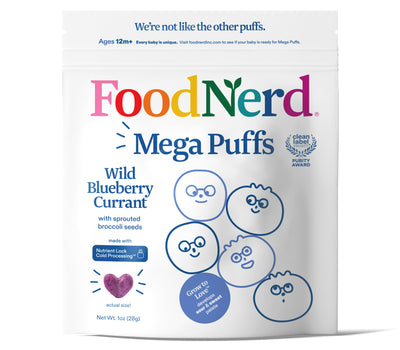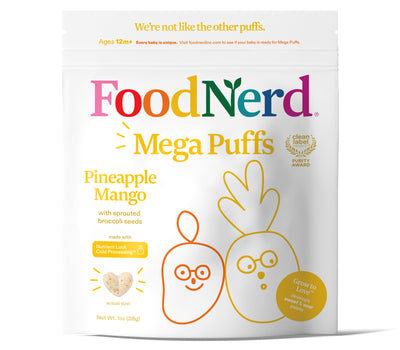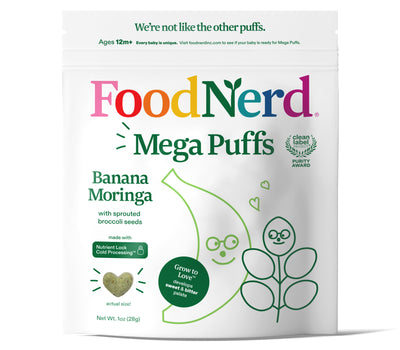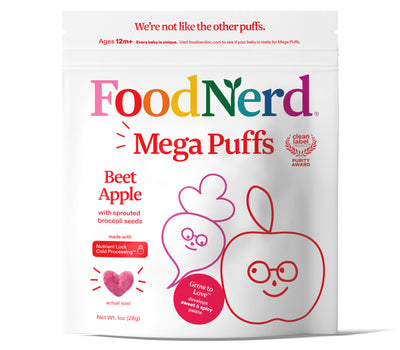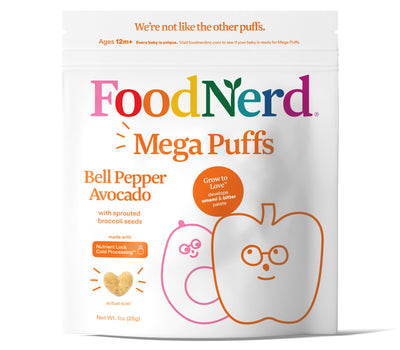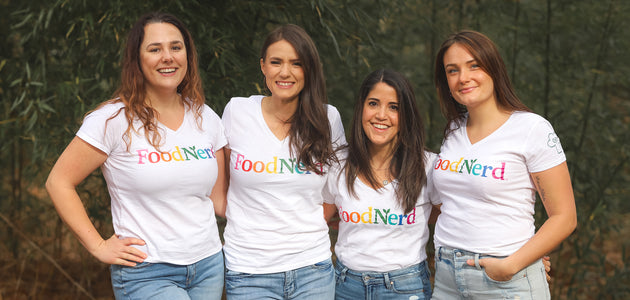All About Sunflower Seeds
Sunflowers are an annual plant native to North America. They were domesticated by Native Americans around 1000 BC. During the sixteenth century, Spanish explorers brought them over to Europe.
Sunflowers are so much more than a beautiful plant resembling the sun—they are one of the most important oilseed crops in the world and their seeds are an underrated superfood.
Read on to find out what sunflower seeds are, what makes them so special, and what health benefits you can expect to get from eating them.
What are Sunflower Seeds?
Sunflowers technically bear fruit in the form of its seeds. At the end of the season, sunflower seeds are harvested from its large flowerhead.
They have a mild, nutty flavor and tender texture. The sunflower seed itself is surrounded by a black and white striped shell, which is normally roasted and seasoned, although not meant to be eaten (chewed and spit out).
Sunflower seeds are used to make sunflower oil, which ranks 4th as the highest produced oil worldwide (right behind soybean, palm, and canola oils).
What’s in Sunflower Seeds that Makes them so Special?
Don’t let them fool you—sunflower seeds may come in a small package, but they pack a big nutritional punch. They are a good source of:
- Healthy Fats. Sunflower seeds consist of polyunsaturated and monounsaturated fat, which have been shown to protect against high blood pressure and heart disease.
- Protein. Sunflower seeds contain about 20% protein. These proteins are sulfur-rich, which can contribute to muscular and skeletal cell development, insulin production, and act as an antioxidant.
- Fiber. Fiber helps to keep us full and also plays a very important role in digestive health.
- Vitamins & Minerals. Sunflower seeds contain many important nutrients, including vitamins like vitamin E, B, folate, and niacin and minerals like calcium, copper, iron, magnesium, manganese, selenium, phosphorous, potassium, sodium, and zinc. It is important to note that vitamin E has a high tocopherol content, which are natural antioxidants.
- Phytonutrients (aka phytochemicals). Phytonutrients are chemicals produced by plants that can benefit human health. Polyphenols are a broad class of phytonutrients that are found in sunflower seeds, such as caffeic, chlorogenic and ferulic acids. Many studies have shown that these polyphenols have a high antioxidant activity. The shell of sunflower seeds helps to preserve their polyphenols’ high antioxidant content.
What Happens When Sunflower Seeds are Sprouted?
Sprouting sunflower seeds:
-
Significantly increases their antioxidant content. This means better health benefits for us! (Antioxidants help to decrease inflammation and damage to our cells, which otherwise can lead to the development of chronic diseases over time.) One study reported that sprouted sunflower seeds seem to have one of the highest antioxidant activities among fruits and vegetables.
-
Increases their nutritional value. Several studies have shown that sprouted sunflower seeds contain higher levels of nutrients than their regular counterparts.
-
Lowers levels of anti-nutrients. Anti-nutrients are compounds found in plants that make it hard for us to digest and absorb the food’s nutrients, however, when foods are sprouted, these compounds are reduced.

What are the Health Benefits of Eating Sunflower Seeds?
Sunflower seeds have been used in traditional medicine to treat a variety of disease conditions, such as heart disease, respiratory infections, coughs and colds.
Research has shown that consumption of sunflower seeds may:
- Improve heart health by helping to lower bad cholesterol. Build-up of LDL or “bad” cholesterol can eventually lead to clogged arteries, which make our hearts work much harder and can block blood flow altogether. The action of this cholesterol lowering effect is due to sunflower seeds' high unsaturated fat content. Additionally, studies have shown that people who consume more foods rich in vitamin E have a lower risk of heart attack than people who don’t. Traditional cultures were on to something when they used sunflower seeds to help treat heart disease!
- Support the immune system. Sunflower seeds contain many nutrients that support a healthy immune system, such as zinc and selenium. Zinc is crucial to the normal development and function of immune cells and selenium strongly influences inflammation and immune response (the immune system responds to acute inflammation). Not to mention, eating foods high in antioxidants helps to boost the body's immune system in fighting against foreign intruders, such as bacteria or viruses. This may be why traditional cultures have used sunflower seeds as a medicinal food to treat respiratory infections and coughs and colds.
- Reduce inflammation. This is due to sunflower seeds' high antioxidant activity (made even higher by sprouting them!) from the tocopherols and phytonutrients that they contain. Over time, chronic inflammation leads to the development of chronic diseases, which are the most significant cause of death worldwide. This is why it is so very important to eat foods that help to lower chronic inflammation, instead of directly contributing to it.
- May help prevent cancer. Sunflower seeds are known to possess anti-cancer properties. For example, the presence of selenium in sunflower seeds has been shown to help with DNA repair and production in damaged cells, slow down the growth of cancer cells, and help to bring about apoptosis, which is the body’s way of killing off damaged cells. Studies on sunflower seed extract have also shown anticancer activities against cancer cells.
Eat This Superfood!
Sunflower seeds were used in traditional cultures as a form of medicine to treat a variety of disease conditions. Today, we are beginning to understand the extent to which sunflower seeds have healing properties that benefit our health and support their use as a medicinal plant.
Have you ever heard the saying good things come in small packages? This describes sunflower seeds well, as they are packed with healthy unsaturated fats, protein, fiber and other important nutrients like vitamin E, selenium, copper, zinc, folate, iron and phytonutrients.
Between the wisdom of traditional cultures and the today’s scientific research, we can say without a doubt that sunflower seeds are a healthy, underrated superfood that everyone should be eating more of.
Our Mega Puffs are an easy and tasty way for you to reap all the benefits of sprouted sunflower seeds!

Sources:
- Anjum, Faqir Muhammad, et al. "Nutritional and therapeutic potential of sunflower seeds: a review." British Food Journal (2012).
- Adeleke, Bartholomew Saanu, and Olubukola Oluranti Babalola. "Oilseed crop sunflower (Helianthus annuus) as a source of food: Nutritional and health benefits." Food Science & Nutrition 8.9 (2020): 4666-4684.
- Guo, Shuangshuang, Yan Ge, and Kriskamol Na Jom. "A review of phytochemistry, metabolite changes, and medicinal uses of the common sunflower seed and sprouts (Helianthus annuus L.)." Chemistry Central Journal 11.1 (2017): 1-10.
- Cho, M. H., H. K. No, and W. Prinyawiwatkul. "Chitosan treatments affect growth and selected quality of sunflower sprouts." Journal of food science 73.1 (2008): S70-S77

